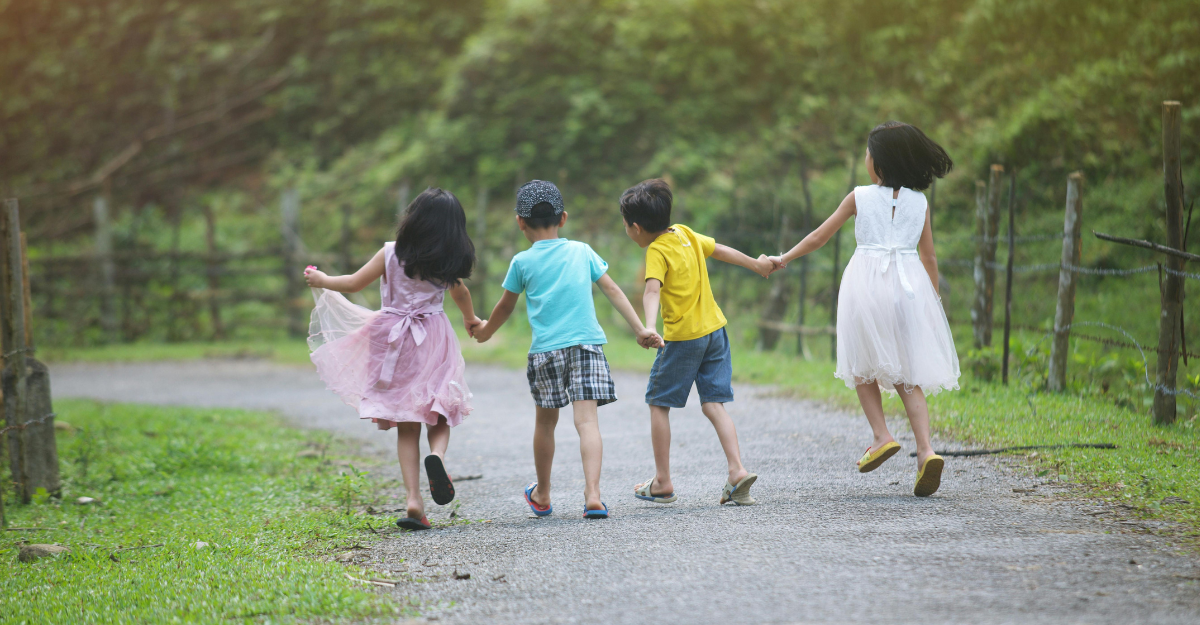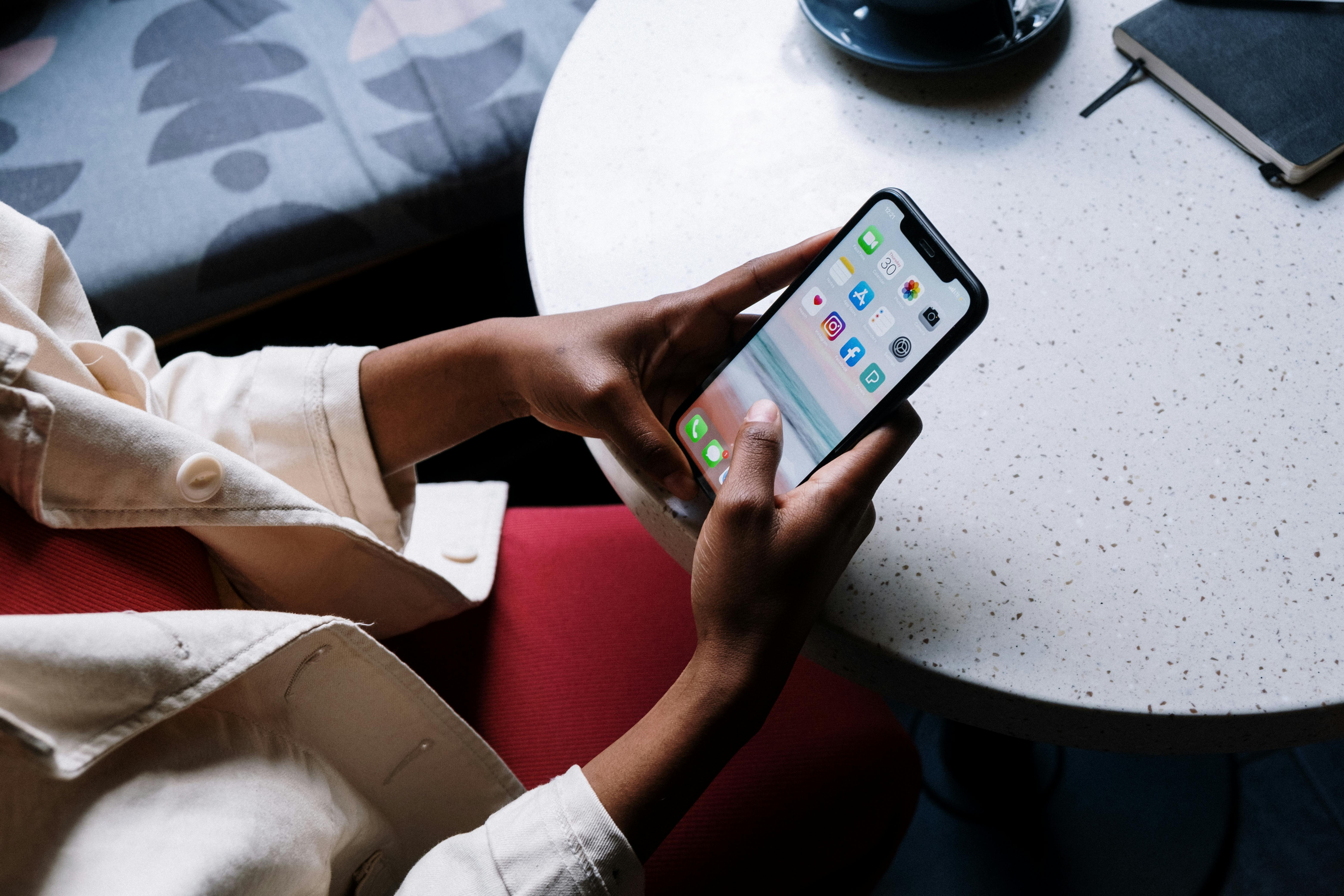
When I scroll through my Instagram feed, I occasionally stop at a familiar face — a friend I used to spend almost daily with in school. We don't communicate anymore. There was no argument, no dramatic unfollowing, no cold shoulder. Only silence that stretched itself too thin until it became indelible.
It's odd. We used to know all the little things about each other's lives — what we had for lunch, who we liked, even what time mom and dad came home. And we don't even wish each other a happy birthday anymore.
For Gen Z, friendship breakups have become an unspoken rite of passage. Unlike romantic breakups, they rarely come with closure or clarity. One day you’re sharing Spotify playlists and late-night FaceTimes, and the next, you’re reacting to each other’s stories out of nostalgia rather than genuine connection.
Most of these unobtrusive conclusions begin when individuals depart from home. College, work, and the simple speed of adulthood establish distances emotional bandwidth can't inevitably span. As lives branch apart, so do ideals. The companions you formerly argued over crushes with may now have wholly disparate views on politics, gender, or values.
I began realising that me and my childhood best friend weren't seeing eye to eye anymore. In school, we were like two peas in a pod. But in college, I had started to develop a concern for social issues and identity — something my old friends didn't get serious about. Whenever we'd hang out, I'd feel like I was diluting myself.
What's distinctive about Gen Z's brand of friendship breakups is that they're never marked by fighting. They're done quietly, almost solicitously. Texts aren't replied to out of rage but fatigue. Calls get rescheduled until the calendar gets busy again. And along the way, the connection dissolves — to be replaced by a halting sense of each other's presence.
Don't miss: A Complete Guide On Finding A Side Hustle In College

Even though there was no confrontation, friendship breakups hurt, too. It's like losing a part of yourself after recently falling apart with my best friend since childhood. They were present for all my firsts — first heartbreak, first failure, first milestone dream. And then, when something big happens, you must remind yourself that they're no longer the person you call.
Unlike romantic breakups, friend breakups aren't ritualised. There isn't a heartbreak playlist or an hour-long weep fest closure talk. Most of us just move on — or at least pretend to.
That sorrow will creep up on you when you return to a favourite hangout spot, hear a song that was "yours," or glance at a group photo in your mind. You never knew how much you relied on that friend until it's too late.
Don't miss: Sober Curious: Why Gen Z Is Choosing Sobriety
The pandemic, to many, hastened this subtle process. With physical separation came emotional disconnection. People evolved — some became more inward, some drifted away. I don't know if I've ever consciously broken up with a friend before. We just… grew into different people. And that's alright.
This attitude — of acceptance and not resentment — is what characterises the way many Gen Zers experience losing friends. They are less likely to view it as betrayal and more as evolution. Social media blunts the edges as well; a comment or a like is a way of expressing I still care, just from a distance.
But still, there's this quiet sadness of realising sometimes growing up means growing apart. I don't think we idealise best friends forever, but perhaps certain people are just only meant to accompany you a few chapters in your journey. It doesn't make it any less true.

As we outgrow our past friendships, we also learn to create new ones — more slowly, with purpose, often based on values instead of proximity. In school, you remained friends because you were in the same class. Now, you pick people who share who you're becoming.
It’s a bittersweet process — losing the comfort of the familiar while embracing the uncertainty of new connections. But for many, that’s what adulthood really is: a series of quiet transformations, where you keep shedding and rebuilding versions of yourself and your relationships.
Perhaps the greatest friendships aren't the ones that last a lifetime. Perhaps the greatest ones are the ones that change who you are — even if they don't last.
Image courtesy: Freepik
For more such stories, stay tuned to HerZindagi.
Also watch this video
Herzindagi video
Our aim is to provide accurate, safe and expert verified information through our articles and social media handles. The remedies, advice and tips mentioned here are for general information only. Please consult your expert before trying any kind of health, beauty, life hacks or astrology related tips. For any feedback or complaint, contact us at compliant_gro@jagrannewmedia.com.